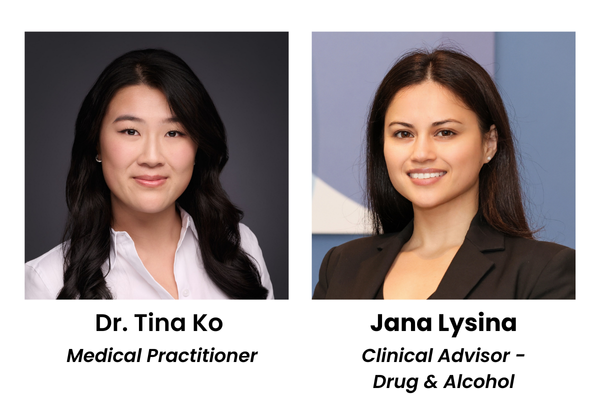Understanding the nuances of drug and alcohol testing
)
Recent data suggests that approximately 8% of employed Australians admit to illicit polysubstance use, including cannabis, cocaine and ecstasy.
Male dominated industries with young workforces such as construction, mining, manufacturing and transport are more likely to see employees engaging in substance abuse.
But not all positive drug and alcohol (DAS) results are made equal…
Jana Lysina (Sonic HealthPlus Clinical Advisor for DAS) and Dr Tina Ko (Occupational Health Medical Practitioner) are well versed in the complex decision making processes and considerations that should follow the receipt of a positive test result.
They highlight some of the nuances employers should be aware of when considering the impacts of a positive result.
Subtle nuances employers should consider
Jana states, “As legislation around medicinal/recreational drug use evolves and new formulations of prescription medications are released, employers must recognise that a positive result is not immediately indicative of illicit substance use or impairment.”
Medicinal vs recreational drug use
The increasing prevalence of medicinal and recreational cannabis use is a perfect example of why positive DAS results may not always be straightforward.
Jana explains, “An individual who has recreationally smoked a joint of cannabis during the weekend is unlikely to be cognitively or physically impaired at work come Monday; however, a drug test can yield a positive result for weeks following a singular use.”
Dr Ko adds, “The difficulty then lies in how an employer is supposed to manage this positive result. Employers may find themselves asking if the worker should be allowed to continue their usual role or if they should be temporarily stood down. This is a complex decision that can have ethical and legal implications.”
Positive DAS results from candidates/employees on prescription medications should prompt employers to consider:
- if the employee has exhibited any signs of physical or mental impairments at work.
- if the employee performs a safety critical role where being impaired may put others at risk.
Prescription medications
Other drug classes, commonly found in prescription medication, that also require a nuanced approach include but are not limited to:
- amphetamines – found in prescription ADHD medications
- benzodiazepines – found in anti-anxiety medications, e.g. diazepam
- opioids – found in pain killers and select pantry items, e.g. poppy seeds.
The value of a strong DAS policy
With so many complexities surrounding DAS testing, Jana and Dr Ko highlight the value of having a clear and detailed DAS policy, particularly regarding what actions you, as an employer, can take if a candidate or employee returns a positive result
Dr Ko explains, “employees have the right to refuse a drug test if a business does not have a DAS policy. Even if one exists, it needs to be well-written, otherwise, employers can be faced with legal challenges down the line. There have been cases of the Fair Work Commission overturning a company’s decision to dismiss an employee with a positive drug test, in part due to drug policies not being well documented.”
Ultimately, it is the employer who decides what action will be taken regarding the suitability of a candidate/employee. Having a clear DAS policy that considers some of the nuances discussed above can help ensure that whatever decision is made is defensible.
Feeling overwhelmed?
Reach out to the Sonic HealthPlus Specialised Services Unit for a review of an existing DAS policy, or guidance on how to create a policy that is best suited to your industry’s legislative and regulatory requirements.
For particularly complex cases where you may find yourself wanting a second opinion, our Medical Review Officers (MROs) are also available to assist. Dr Ko explains, “MROs are registered medical practitioners with extensive knowledge of drug pharmacology, testing processes and indicators of substance abuse disorders.”
MROs make several determinations before advising employers on suitable next steps including:
- ascertaining if there is a valid reason for the presence of a particular drug class
- considering the relevance of the drug test to the individual’s role at work.
Visit the Sonic HealthPlus Health Hub or get in contact with us for more expert insights, informative tips and actionable strategies that you can apply when creating and enforcing a safer workplace.
Workplace drug and alcohol screening: Key challenges in 2025
Jana and Dr Ko will be presenting on the Spotlight Stage at the Workplace Health & Safety Show in Melbourne, with a session discussing current issues in DAS screening and practical approaches to positive test results.
Meet more of the Sonic HealthPlus team at Stand F40 who will be available to chat all things occupational health and workplace safety!


